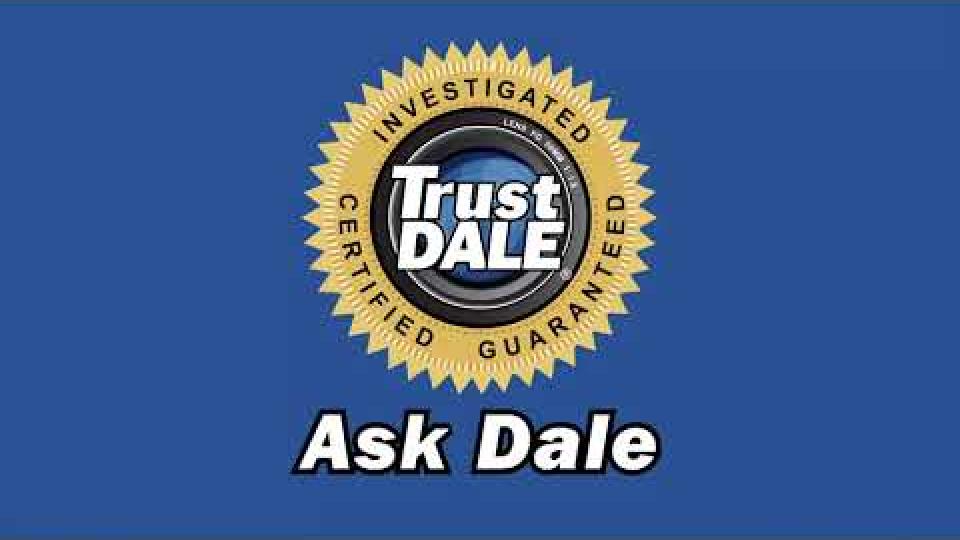Why Walking Away from a Car Deal Might Be the Smartest Move
In today’s “Ask Dale” segment, Will shared a situation that many car buyers can relate to. He and his wife were ready to buy a car—they had been pre-approved for a loan and had negotiated the price. But just when everything seemed set, Will noticed something off. The dealership offered them a lower interest rate, but after running the numbers, he realized they’d actually end up paying more for the car. Feeling uneasy, Will did what many people might hesitate to do—he walked away. His question: “Am I being crazy?”
Dale’s Response: Absolutely Not!
Dale was quick to reassure Will that he wasn’t crazy at all. In fact, he did exactly what a smart buyer should do. Walking away from a deal that doesn’t feel right is one of the most powerful tools a consumer has. Car dealerships often make their profits through financing and add-ons, which can make a lower interest rate look appealing on the surface but lead to higher overall costs.
Why the Numbers Didn’t Add Up
On paper, a lower interest rate should mean lower payments and less money spent over time. But sometimes, dealerships use lower rates to mask additional costs. Here’s how:
- Extended Loan Terms: A lower rate often comes with longer repayment terms. While the monthly payment seems smaller, the length of the loan means you end up paying more in interest over time.
- Hidden Fees or Add-Ons: Some dealers add extended warranties, service packages, or extra features that inflate the overall cost. These add-ons can quietly increase the total amount financed, making a “better” interest rate irrelevant.
- Increased Purchase Price: Even with a lower rate, if the purchase price of the vehicle increases due to last-minute changes, you’ll pay more in the end.
Why Walking Away Is a Win
Walking away from a deal is not just about avoiding a bad purchase—it’s about maintaining control. As Dale pointed out, once you sign the contract, there’s no going back. That’s why it’s crucial to read, understand, and agree with every detail before putting pen to paper.
Here’s why Will made the right call:
- He Trusted His Instincts: Something felt off, and instead of ignoring that feeling, he chose to pause and reassess.
- He Did the Math: Many buyers get caught up in the excitement of closing a deal and overlook the fine print. Will took the time to calculate the long-term costs, which revealed the true price of the deal.
- He Protected His Finances: Walking away gave Will and his wife the chance to find a better deal—one that truly aligns with their financial goals.
Tips for Future Car Buyers
If you’re in the market for a car, here’s how to protect yourself like Will did:
- Run the Numbers Yourself: Don’t just trust the dealership’s calculations. Use an online loan calculator to double-check.
- Look Beyond the Monthly Payment: A low monthly payment can be deceiving if the loan term is too long.
- Be Ready to Walk Away: The best deals often come when you’re willing to leave the lot.
In the end, buying a car is a significant investment. Like Dale says, “Never sign a contract unless you read it, understand it, and agree with it.” Will’s story is a reminder that sometimes the smartest move is to walk away. And that’s never a crazy decision.


